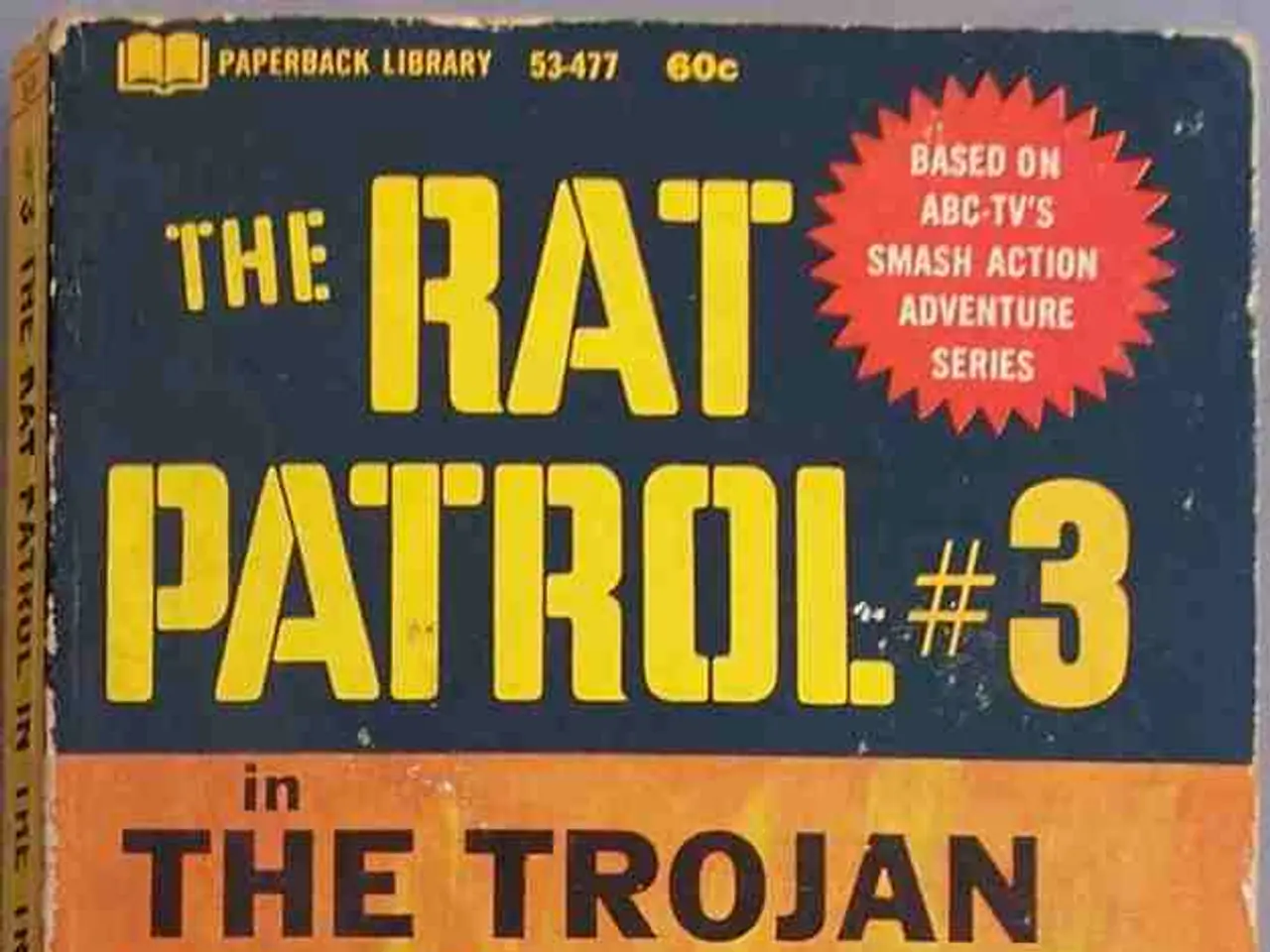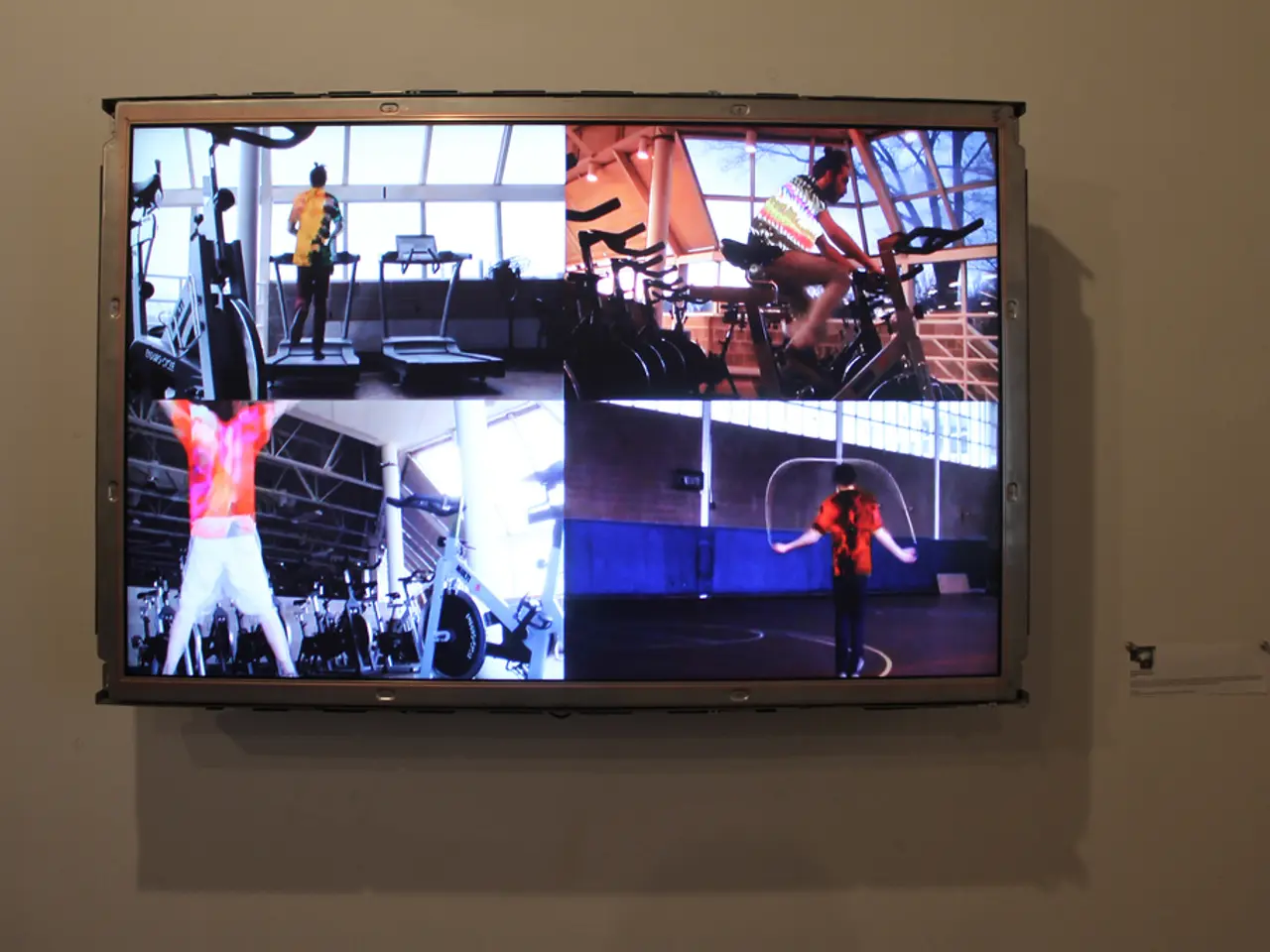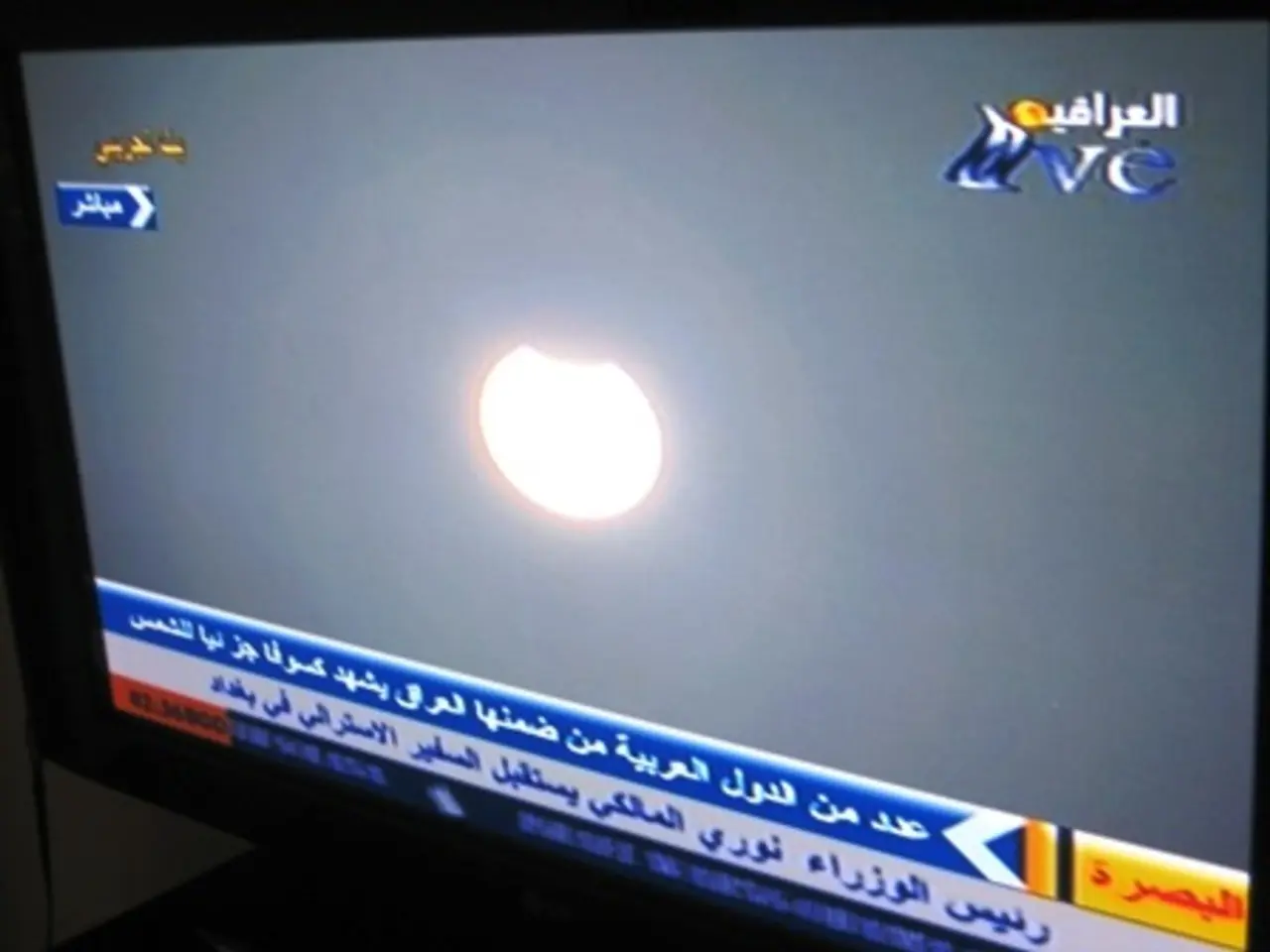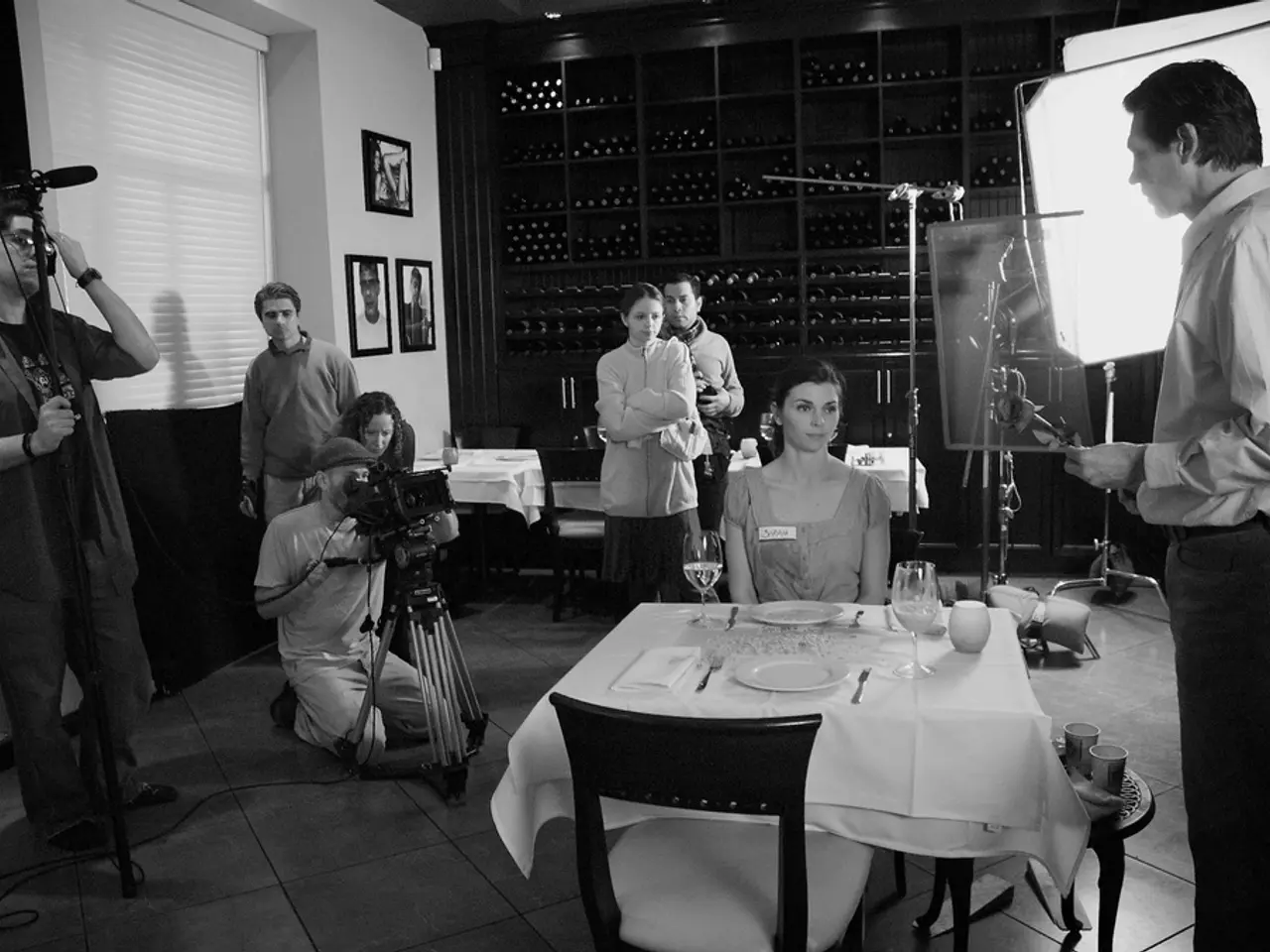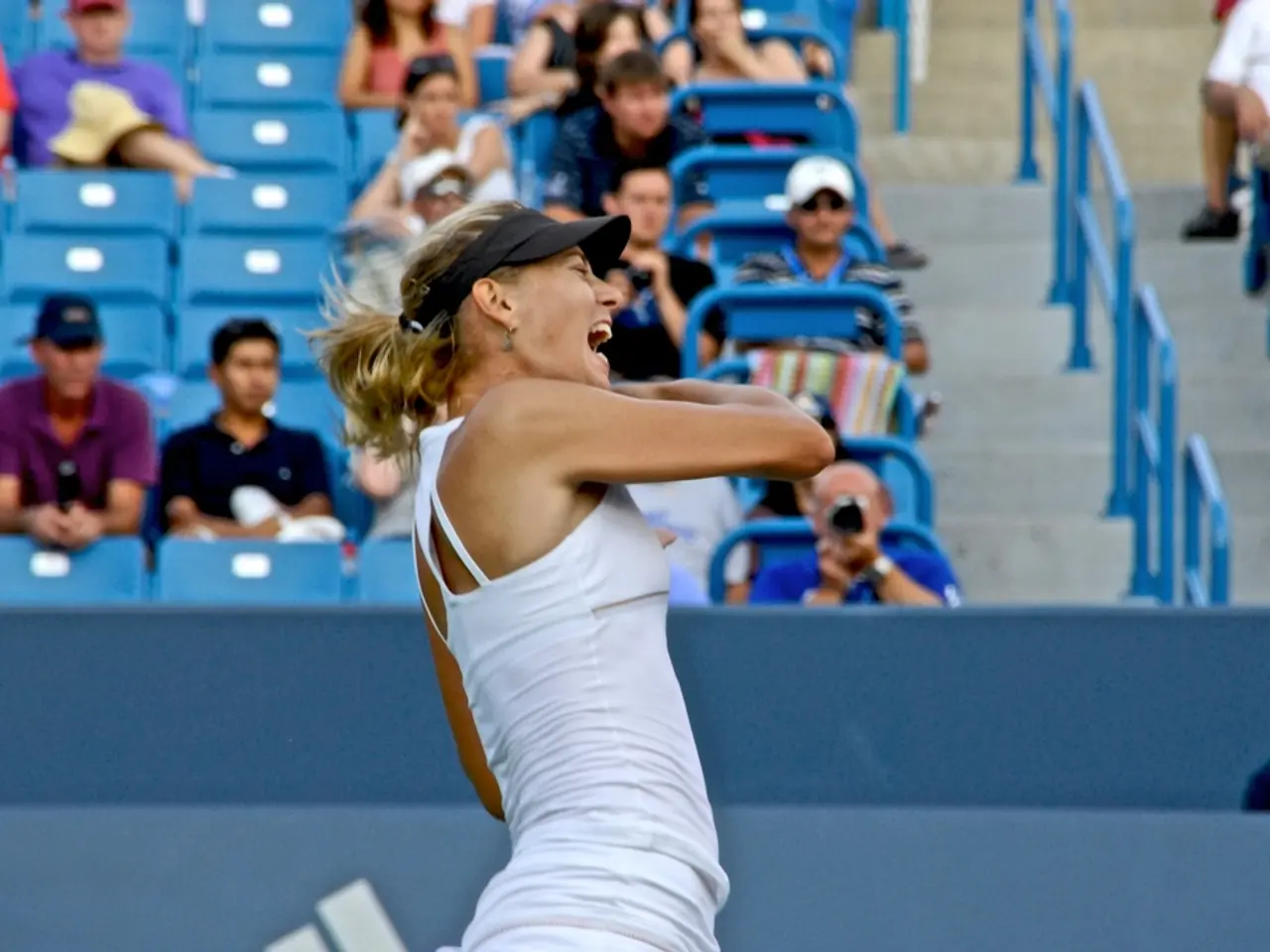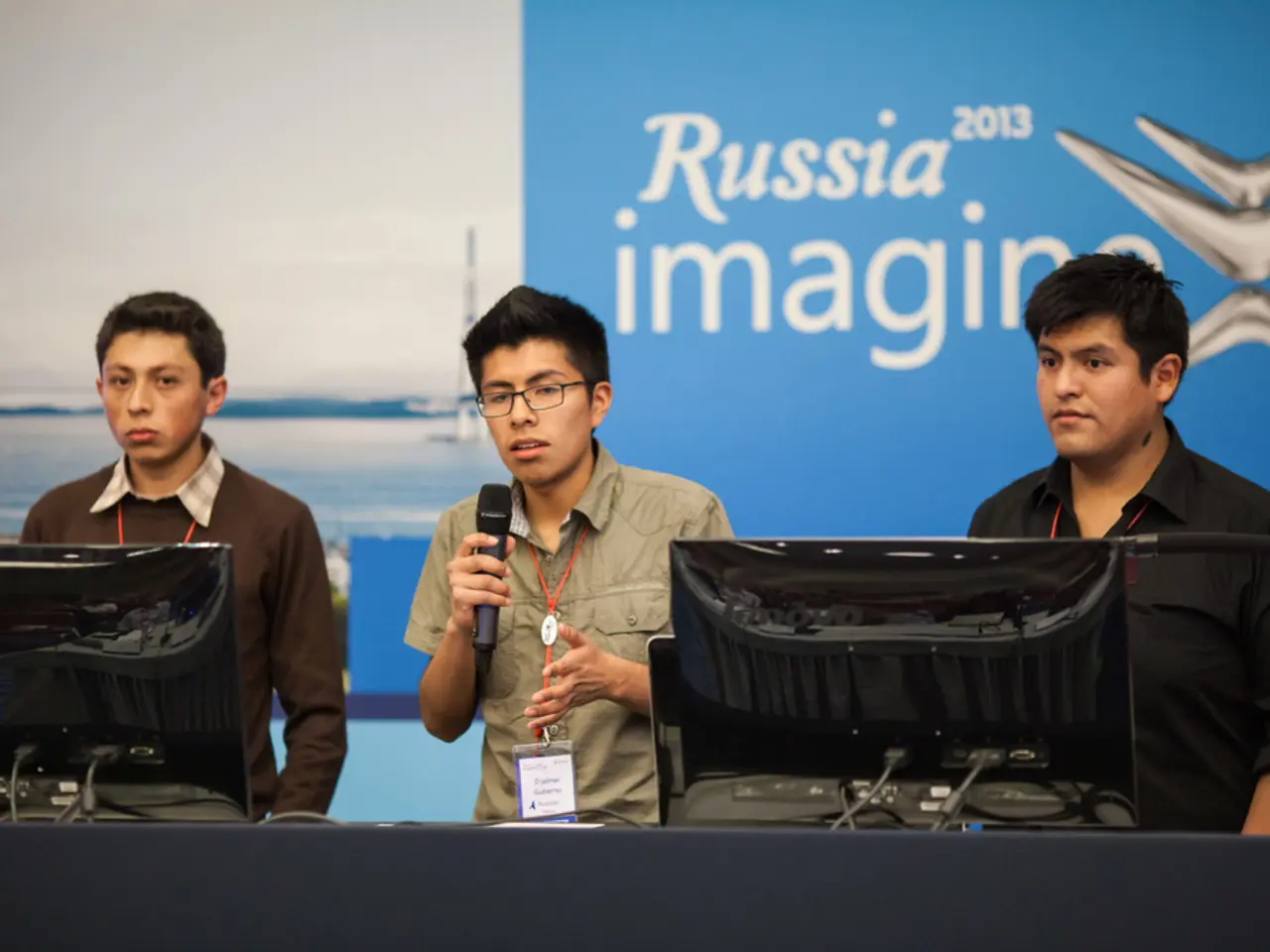Military Literature Focusing on Russia
In the realm of military analysis, several insightful works have emerged, offering valuable perspectives on Russia's military and its role in contemporary conflicts, particularly the Ukraine War. Here, we highlight some of the recommended literature by Katherine Kjellström Elgin, a fellow at the Center for Strategic and Budgetary Assessments and an expert on US and allied defense strategy, particularly with regard to Europe and Russia.
Firstly, "Putin's Wars: From Chechnya to Ukraine" by Mark Galeotti provides a comprehensive look at Russia's hard power. Published in November 2022, this monograph offers an in-depth analysis of the way Russian military leaders conceive of Russian military strategy, with a thorough overview of how the Russian military plans (or perhaps planned) to fight, focusing on military strategy and operational concepts. However, readers should consider how the war complicates some of the book's arguments, as it was published just months after the Russian invasion.
Another noteworthy book is "Putin's Wars: A New History of Russia's Resurgence," described as "encyclopedic" by one reviewer. This work paints a picture of a political leadership seduced by the perceived success of its military, detailing the history of the Russian military since the 1990s with remarkable level of detail.
"Russia's Military Revival" by Bettina Renz, published in 2018, offers a comprehensive analysis of the Russian military's resurgence under Vladimir Putin. The report helps readers understand how many analysts expected the Russians to fight and how that differs from the actual practices during the unprovoked invasion of Ukraine in 2022. According to Renz, while the Russian military improved greatly from the 1990s, it does not yet rival the West's capabilities.
The "Transformation of Russia's Armed Forces: Twenty Lost Years" is an edited volume that brings together several of the biggest names in Russian military analysis to discuss the challenges facing Russian policymakers as they tried to rebuild the Russian military.
Lastly, Dima Adamsky's "The Culture of Military Innovation: The Impact of Cultural Factors on the Revolution in Military Affairs in Russia, the US, and Israel" analyzes the impact of culture on military innovation in three countries: the United States, the Soviet Union, and Israel. Adamsky's analysis demonstrates that culture plays a significant role in how countries innovate militarily.
These works offer a rich understanding of Russia's military, its strategies, and its role in contemporary conflicts. For a more comprehensive understanding of the Ukraine War, further research into Kjellström Elgin's specific recommendations, as yet unnamed, would be beneficial. The image credit for this article is from mil.ru, available via Wikimedia Commons.
- Kjellström Elgin's recommendations for understanding the Ukraine War might include books like "Putin's Wars: From Chechnya to Ukraine" by Mark Galeotti, which delves into the Russian military leaders' conception of strategy.
- Another possible recommendation could be "Putin's Wars: A New History of Russia's Resurgence," a broad analysis of the political leadership's relationship with the military and the history of the Russian military since the 1990s.
- Readers might also find value in Dima Adamsky's "The Culture of Military Innovation," a comparative study on the role of culture in military innovation, particularly in Russia, the US, and Israel.
